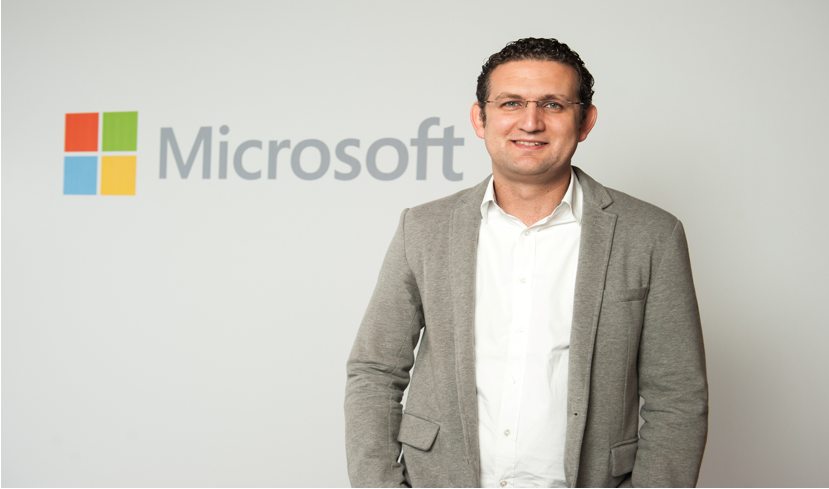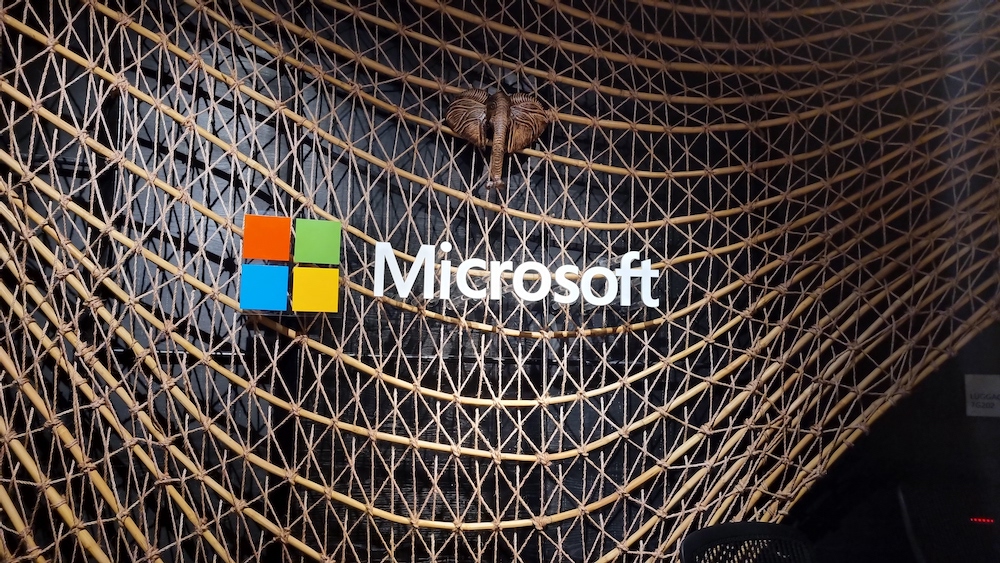Opinion: Africa’s Leap Frog to Sustainable Technology for industries

It is safe to say that the industrial sector in Africa is still developing, and an increasing number of countries within the continent are building manufacturing industries that are on their way to superseding the rest globally. Global challenges such as climate change and ever growing populations are adding pressure to the limited resources, especially because a significant amount of the population live below the poverty line. Even though Africa does not rank first in energy wastefulness worldwide, the amount of impact it has on the planet cannot be overlooked. It has become increasingly important for companies to design and develop a better process to manufacture their products and save energy.
Globally Manufacturers are using Internet of Things (IoT) capabilities, to not only digitize their businesses but find new ways to engage with customers, optimize their factories, and find new sources of revenue, all through data. Data has become the new currency and has changed the way industries operate. The amount of data that can be gathered from a machine in a factory can help with maintenance to ensure the uptime of the machine is much more productive and can promote preventative maintenance.
Africa has the potential to leap frog in how it uses technology and is in no doubt on its way to ranking high in its substitutional use of solar power for coal in its manufacturing processes- Promoting energy efficiency, regardless of the inherent investment, production and infrastructural challenges. African countries are learning from the experience of first world countries in using the best technological advances in providing the social benefits to a significant portion of its population while avoiding any negative environmental side effects. This helps it enhance its opportunity to become competitive in applying advanced systems early on.
Read >> What does it mean for technology to be innately African?
There are various countries that have started to use solar energy when it comes to manufacturing, showcasing the continent’s embrace of technology to improve how it conducts things. This saves billions of dollars in energy costs that can be spent growing businesses. South Africa, Nigeria, Ghana, and Kenya have taken pointers from their Asian counterparts in promoting solar energy and technology, lessening the pressure on decreasing electricity reserve-Given the electricity issues that still haunt the continent.
There are cases in Africa and worldwide where countries and villages have leapfrogged from scratch to efficient and modern technologies such as using solar power, in an effort to kick-start a gradual move away from coal. Governments’ policies and other barriers to scaling up solar technological leapfrogging in Africa are affecting the rate in which this is achieved. For example, Africa currently does not have holistic policies and strategies developed and implemented to amplify technological advances in manufacturing processes. Many opportunities currently exist to get Africa where it needs to be with and there are some impressive technological advances that have come out of the continent such as M-PESA, CAT scan, Cyber-Tracker amoungst others.
Microsoft recognizes the need for efficient ways of manufacturing and adopting technology and credits the usage of cloud-based services for the industrial sector in order to develop products that drive transformation, empower employees and optimize productions. Microsoft’s Azure cloud platform features an IoT suite for collecting data from IoT devices and analyzing it. As industrial companies connect more of their machines and systems to the internet, Microsoft becomes an enabler and helps them make the most out of the data they collect from those new connections.
It is able to promote growth and innovation globally for the manufacturing industry and continues to help local governments in finding solutions to the challenges that still plague the continent when it comes to the adoption of technology in improving how things are done.
This opinion piece was submitted by Amr Kamel: Microsoft General Manager for the West, East, Central Africa and Indian Ocean Islands (WECA)



